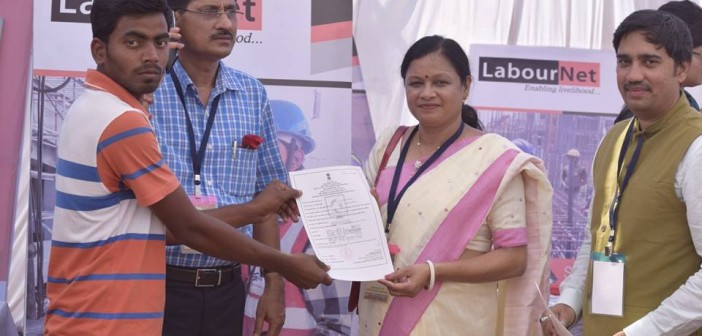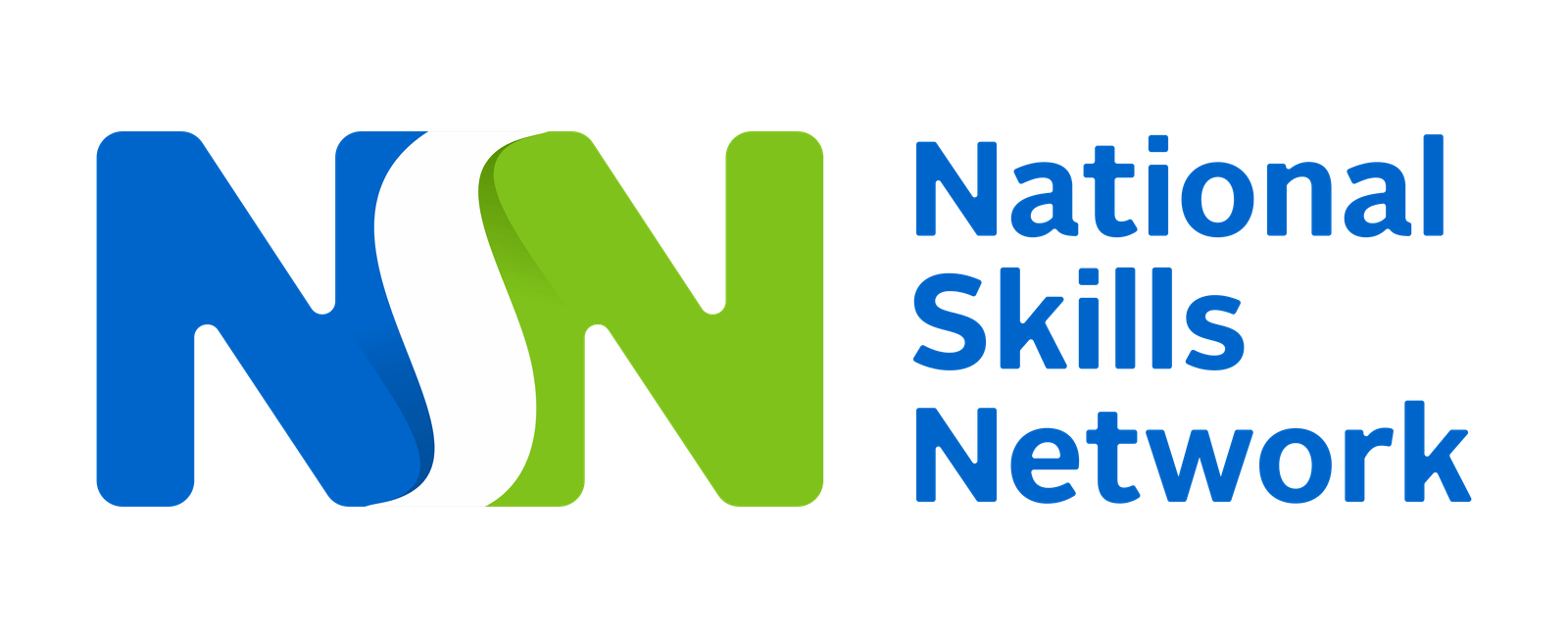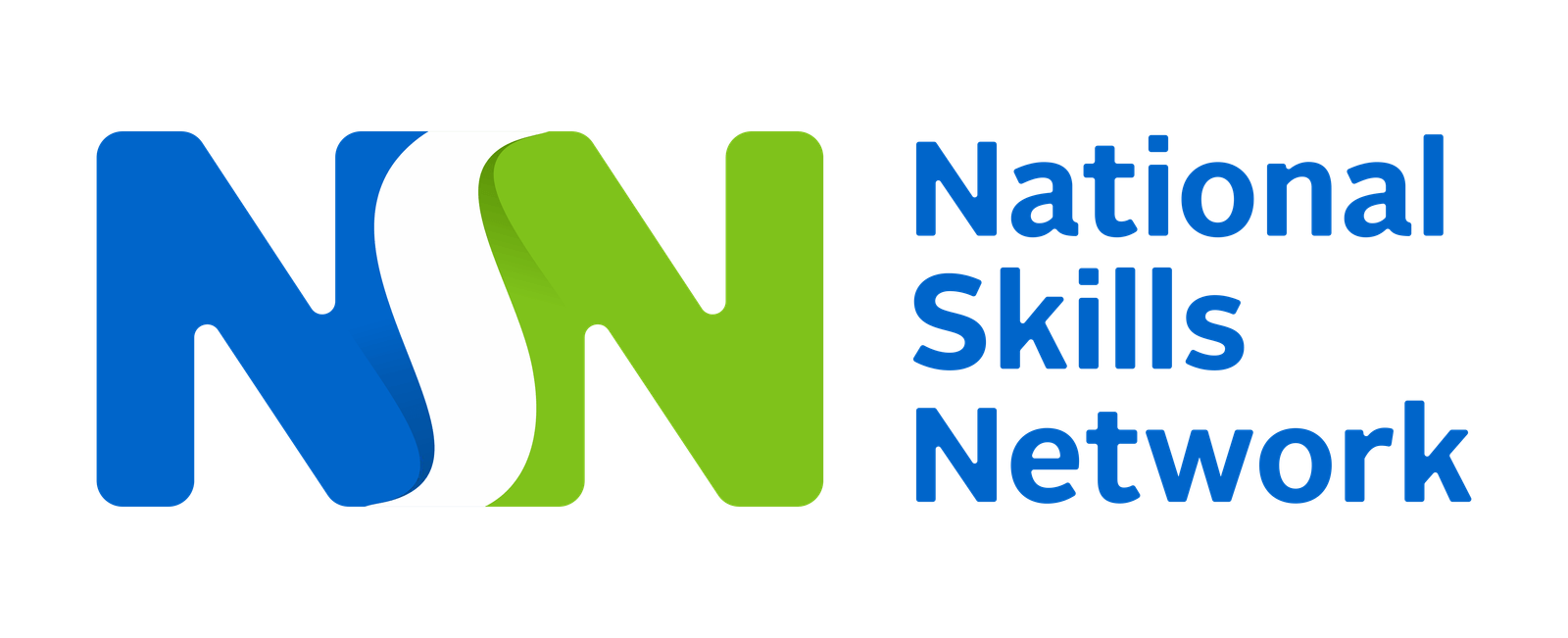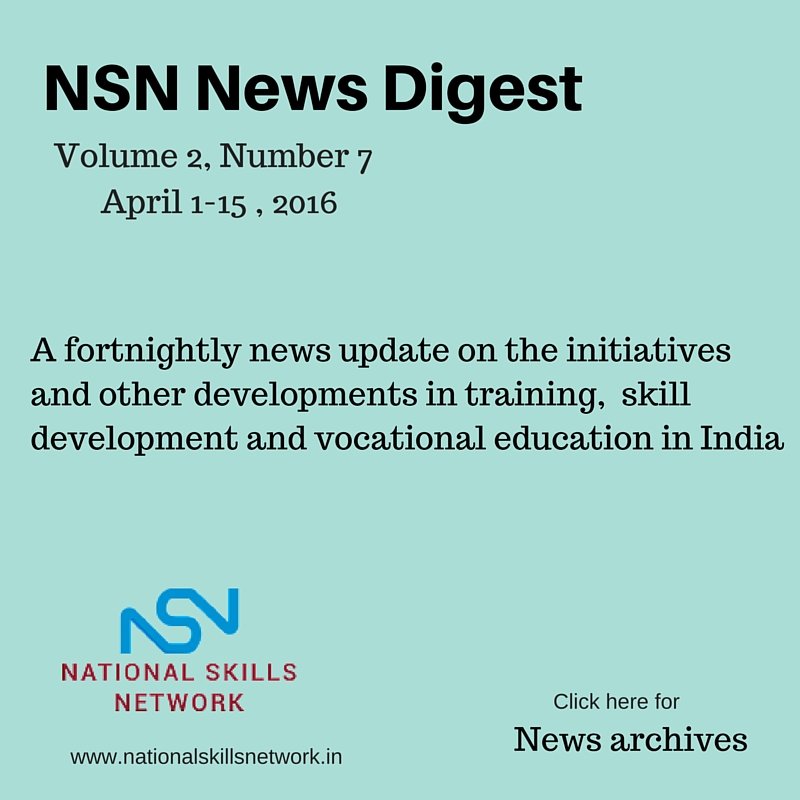Vocational education and livelihoods are seen as separate entities. Vocational education is considered for full time employment and livelihood for wage employment. In this Skill Talk, Dr. Gayathri Vasudevan, CEO, LabourNet Services India Pvt Ltd, takes us through the undulating journey of vocational training in India. She emphasizes on the need to rethink training and employability for the informal sector by asking the right questions about feasible careers paths and flexible frameworks.
Today, we have 83% of our population working in the informal sector with hardly any recognition of a skilled person. We don’t associate informal sector with careers. Though there has been some recognition since 2010, after NSDC successfully brought vocational training to the forefront, the question remains, are we providing quality training and employment? This has brought in focus on outcomes such as the Qualification Packs (QPs) defined by Sector Skill Councils (SSCs). Later, we started questioning if we were too outcome-oriented and how it would result in employment?
During the process, the informal sector got left out. The outcomes were not defined correctly since there wasn’t enough recognition of informal sector that is essentially in fuelling the growth of your economy. This showed up in lack of social security and a career for the informal workforce. This recognition for career path doesn’t exist in the informal sector. The ecosystem is missing here. Career paths would follow two ways, if you take an analogy from the IT industry – you either go technical or managerial. For the informal sector, this translates into labour contractors who need managerial and supervisory skills than technical skills. For those who remain technical, there’s a lack of growth path, and they become redundant.

Right language and vocabulary to define the outcomes
Having said that, the emphasis on outcomes need not be revamped completely. This shows our desire to fit it into our mirror image, is resulting in not recognizing what is on the ground. For example, it is highly impossible that all masons can be trained in a classroom. Why would a mason come to the classroom? He has neither aspired to be a mason nor has our educational system has added any aspirational value to it. Most importantly, the nature of construction business is such that the mason can never become a full time employee.
The positive side of masonry is that if the people are skilled, they can earn Rs. 400-500 a day. Therefore, we need to look at the QPs and outcomes, for them from the career they’ve chanced upon. We should aim for productivity improvement, ensure that the mason remains on the job and not try to change the way he learns. That’s where Recognition of Prior Learning (RPL), work-integrated training have to be integral to vocabulary in education, NSQF, and outcomes. It doesn’t matter who is implementing it, if your language is wrong, you’ll be in dissonance.
Multiple realities and need for interoperability
You never had vocation and education to be so segmented in the past. The PSUs ability to absorb from ITIs went down; they were the sole employers for these students. This was when the IT industry was coming up, resulting in a paradigm shift that devalued vocation and overvalued IT.
Interoperability could be defined as earning credits for courses, how it could be transferred for different learners. It need not be equated with upward mobility synonymous with linear learning, certification and acquiring degrees. How important is it for the mason to aspire for becoming a civil engineer? This way you will create aspiration for something which doesn’t have relevance in his day to day life or in his livelihood. We need to come out of the mindset that if anything has to be aspirational it needs to be upwardly mobile in an education system.
The right way is to adopt Recognition of Prior Learning (RPL), sanitize the quality frameworks and look at the outcomes. It would be wrong to necessarily match it with pre-defined upward mobility and career path.
This is the point where we need to engage with MSDE and DGT and synergize them with the SSCs. At the same time look at MHRD that includes polytechnics and higher education and open up interoperable channels. This could lead to short-term courses or RPL bringing in DGT and SSCs together. Then we could look at 5% or 10% who want to move up through NIOS or open education or an equivalent of GED – General Equivalency Diploma in the USA.
Aspirational value
We need to celebrate with victories of the informal sector. Aspiration will not change over night. Today vocational training is in the same space as education was in the 1990s when it was opening up. There is awareness and it is being celebrated. It may take another two decades for us to actually discover it and we are bound to make mistakes. Soon, quality will take over quantity and let’ have patience! For example, in fashion designing, it’s the design that moved up and tailoring has not – this difference will continue but it should not stop us from recognizing informal careers.
Culturally, we are used to celebrating an individual’s achievement and not the average or the mean. You have to create expectations in the reverse manner to avoid frustration. We have to learn to be happy being average. You compete against something that gives you satisfaction, happiness and income. This doesn’t mean complacency and failure. This is one of the ways to respect vocation and manual labour.
Work-integrated training can be the equivalent of micro finance for increasing productivity in the informal sector. This is like how micro finance has been a game changer for credit to the poor as an intermediary between banking and money lending.
Lateral movement through skilling and education
Today, most people work in two sectors; it could be construction and agriculture or being a driver and salesperson – this duality should be recognized for skill based training. This will enable to change jobs and remain employable, thus brining them into the fold of vocational education as opposed to skilling. Formal education teaches you analytical skills, vocation teaches you precision and dexterity which can be used across trades. This mobility should be seen as a positive step towards continuous education.
Subscribe to our YouTube channel for more updates:
Subscribe on YouTube














